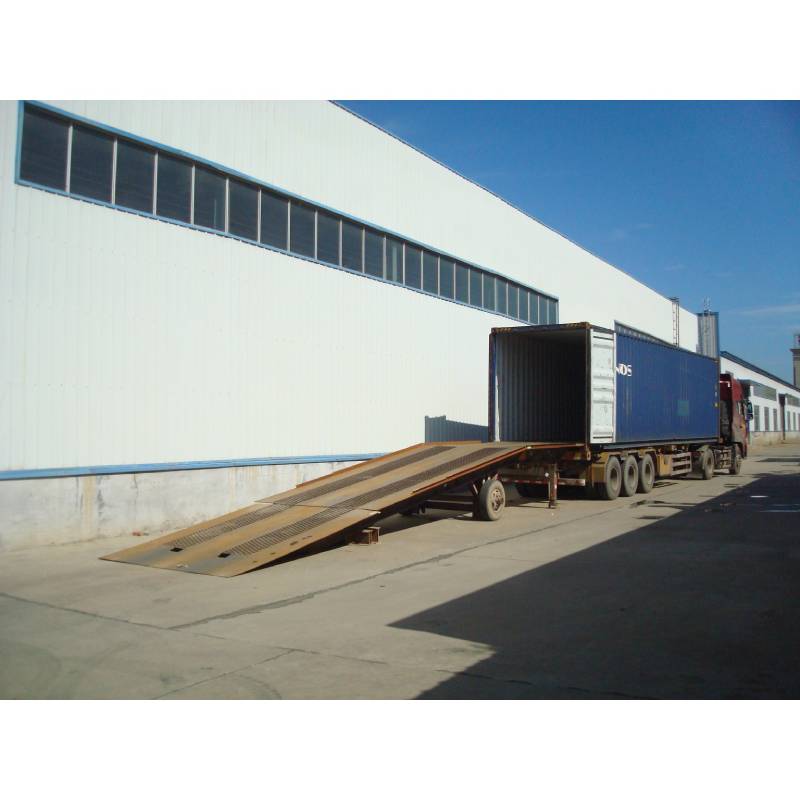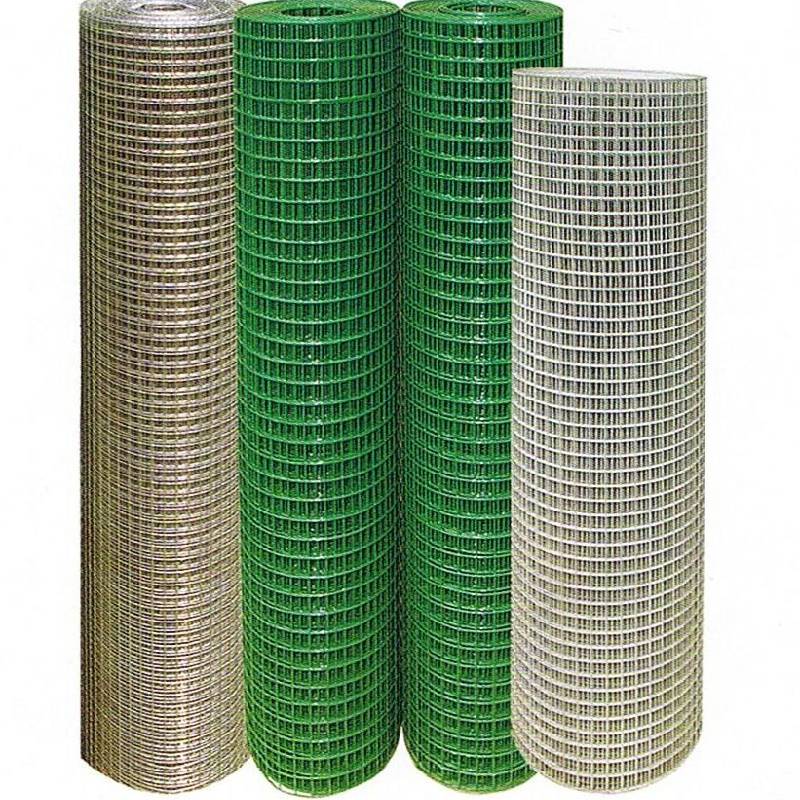
- Mobile Phone
- +8613931874955
- sales@cntcmetal.com
lut . 18, 2025 03:29
Back to list
Field Fence
When considering your options for field fencing, it's important to understand that not all fences are created equal. Various types of field fences are specifically designed to suit different purposes, terrains, and animal containment needs. With a myriad of choices, selecting the right material and design can make a significant difference not only in the durability of the fence but also in its functionality.
Advancements in agricultural technology have brought electric fencing to the forefront. An electric fence delivers a mild shock via a current when the fencing line is disturbed, which serves as a psychological barrier for animals. This type of fencing is versatile and can be used either independently or as an enhancement to other types of fencing. Electric fences are easily adjustable, making them ideal for rotational grazing practices. However, they require a reliable power source and regular maintenance to ensure operability. High-Tensile Wire Fencing Often considered an upgrade from traditional barbed wire, high-tensile fences use smooth wire held in tension between wooden or metal posts. High-tensile wire is suitable for withstanding heavy pressure from large animals without breaking or deforming. It offers the advantage of low visibility, which is aesthetically pleasing and is less likely to cause injury to animals. This type of fencing requires precise installation to maintain optimal tension but in return offers durable containment for various livestock. Vinyl Coated Wire Fencing For those looking for durability without compromising aesthetics, vinyl-coated wire fencing provides an attractive solution. This type of fencing features a layer of vinyl over the wire mesh, which helps protect the metal from corrosion and enhances its appearance. Vinyl coatings are available in a range of colors, allowing property owners to match their fencing with surrounding structures. Although costlier than other options, it offers a long-lasting solution that is both functional and visually appealing. Conclusion Choosing the right field fencing involves assessing the specific needs of your environment, the types of animals you intend to contain, and your budget. Each type of fence has unique characteristics that serve distinct purposes, from the robust security of fixed knot fencing to the flexibility of woven wire. Considering the operational requirements and the nature of your land will guide you in making an informed decision, ensuring your field fence not only serves its purpose but also stands the test of time. Always ensure to source fencing materials from reputable suppliers to guarantee quality and compliance with safety standards.


Advancements in agricultural technology have brought electric fencing to the forefront. An electric fence delivers a mild shock via a current when the fencing line is disturbed, which serves as a psychological barrier for animals. This type of fencing is versatile and can be used either independently or as an enhancement to other types of fencing. Electric fences are easily adjustable, making them ideal for rotational grazing practices. However, they require a reliable power source and regular maintenance to ensure operability. High-Tensile Wire Fencing Often considered an upgrade from traditional barbed wire, high-tensile fences use smooth wire held in tension between wooden or metal posts. High-tensile wire is suitable for withstanding heavy pressure from large animals without breaking or deforming. It offers the advantage of low visibility, which is aesthetically pleasing and is less likely to cause injury to animals. This type of fencing requires precise installation to maintain optimal tension but in return offers durable containment for various livestock. Vinyl Coated Wire Fencing For those looking for durability without compromising aesthetics, vinyl-coated wire fencing provides an attractive solution. This type of fencing features a layer of vinyl over the wire mesh, which helps protect the metal from corrosion and enhances its appearance. Vinyl coatings are available in a range of colors, allowing property owners to match their fencing with surrounding structures. Although costlier than other options, it offers a long-lasting solution that is both functional and visually appealing. Conclusion Choosing the right field fencing involves assessing the specific needs of your environment, the types of animals you intend to contain, and your budget. Each type of fence has unique characteristics that serve distinct purposes, from the robust security of fixed knot fencing to the flexibility of woven wire. Considering the operational requirements and the nature of your land will guide you in making an informed decision, ensuring your field fence not only serves its purpose but also stands the test of time. Always ensure to source fencing materials from reputable suppliers to guarantee quality and compliance with safety standards.
share:
Next:
Latest news
-
Yard Sign Stakes: Reliable Guardians of Outdoor SignsNewsAug.04,2025
-
Wall Ties: Invisible Guardians of Building StabilityNewsAug.04,2025
-
Resilient Web: The Super Guardian Power of Concrete MeshNewsAug.04,2025
-
Masonry Accessories: A versatile assistant on building foundationsNewsAug.04,2025
-
Iron Binding Wire: the 'invisible reinforcement specialist' in the fields of architecture and industryNewsAug.04,2025
-
Dynamic Spring: The diverse functions and excellent performance of Wire Tension SpringNewsAug.04,2025
-
Your Source for Concrete Wall Ties and Masonry AccessoriesNewsJul.10,2025



















